The Nigerian Women for Agricultural Progressive and Development Initiative (NWAPDI) has sounded an urgent call for greater attention to female farmers’ plight, emphasising their critical role in the country’s food security.
At an event in Lagos over the weekend, the organisation’s National Coordinator, Omolara Svensson, decried the lack of robust data and structural support in the agricultural sector, citing these as significant barriers to progress.
“Women constitute approximately 90 per cent of the workforce in Nigeria’s agricultural sector, yet they remain under-recognised and unsupported,” Ms Svensson said. “Without their tireless contributions, food insecurity in the country would have reached unprecedented levels this year.”
A key concern raised by NWAPDI, which is committed to ensuring that Nigerian women are leaders in the agricultural transformation, was the absence of accurate and reliable data to guide agricultural policies and investments. Ms Svensson stressed that this gap has hindered effective planning and resource allocation.
She said, ‘‘ Many female farmers in Nigeria have inadequate infrastructure and support structures, and many of them operate without access to essential tools, modern farming techniques, or viable markets for their produce’’.
NWAPDI revealed its plan to expand Nigeria’s agricultural export capacity to $20 million by 2025. Ms Svensson described the initiative as a multifaceted approach to address systemic challenges in agriculture, including poor access to financing, inadequate training, and the devastating effects of climate change.
Empowering women through technology
To address these challenges, NWAPDI has launched several initiatives to empower women and youth in agriculture. One programme involves training over 1,000 women and young people in climate-smart farming practices. These techniques, Ms Svensson explained, are designed to combat the adverse effects of climate change while boosting productivity and sustainability.
Nigerians need credible journalism. Help us report it.
Support journalism driven by facts, created by Nigerians for Nigerians. Our thorough, researched reporting relies on the support of readers like you.
Help us maintain free and accessible news for all with a small donation.
Every contribution guarantees that we can keep delivering important stories —no paywalls, just quality journalism.
The organisation also unveiled plans to introduce a ‘Real-Time Farming App,’ a cutting-edge tool designed to provide farmers with traceability, crop monitoring, real-time weather updates, and market information.
According to her, the app “will revolutionise the agricultural landscape by enhancing decision-making and boosting efficiency.”
Financial inclusion
NWAPDI’s strategy includes fostering partnerships with agricultural organisations, government agencies, and international climate action groups to promote the widespread adoption of sustainable practices. The group also collaborates with the Bank of Agriculture and local governments to provide farmers with micro-financing and market access.
“We are working to ensure that every farmer, especially women, has access to the resources they need to succeed,” Svensson noted. “This includes financial support and mentorship from experienced farmers who have successfully implemented climate-smart techniques.”
At the event, Oluwatoyin Oloyede, Chief Executive Officer of Mutosefiti Farms, underscored women’s critical role in Nigeria’s agricultural sector.
“Women’s participation is essential for food security in Nigeria,” Oloyede said. “We must empower them to take on leadership roles and provide them with the support needed to thrive.”
Oloyede highlighted the programme’s potential to address unemployment, particularly among youths, by equipping them with practical, marketable skills. “This initiative will help reduce rural-urban migration and create new economic opportunities for our youth,” she added.
Tackling climate change
NWAPDI emphasised the urgent need to address climate change’s impact on agriculture, which has led to reduced yields and increased food insecurity. The group said it promotes sustainable practices such as water-efficient irrigation systems, organic farming, soil conservation, and cultivating drought-resistant crops.
“Climate change is not just an environmental issue; it is a food security crisis,” Svensson said. “We must act now to protect the livelihoods of our farmers and ensure a sustainable future for the next generation.”
NWAPDI envisions Nigeria where agriculture drives economic growth and eliminates poverty. Ms Svensson vividly describes this future: “Our ultimate goal is to ensure that no Nigerian child is hawking on the streets and that every youth has access to employment opportunities through agriculture.”
The organisation said its Annual General Meeting, scheduled for February 2025 at the Nicon Luxury Hotel in Abuja, will serve as a platform to solidify these goals and unveil further initiatives.
Support PREMIUM TIMES' journalism of integrity and credibility
At Premium Times, we firmly believe in the importance of high-quality journalism. Recognizing that not everyone can afford costly news subscriptions, we are dedicated to delivering meticulously researched, fact-checked news that remains freely accessible to all.
Whether you turn to Premium Times for daily updates, in-depth investigations into pressing national issues, or entertaining trending stories, we value your readership.
It’s essential to acknowledge that news production incurs expenses, and we take pride in never placing our stories behind a prohibitive paywall.
Would you consider supporting us with a modest contribution on a monthly basis to help maintain our commitment to free, accessible news?
TEXT AD: Call Willie - +2348098788999







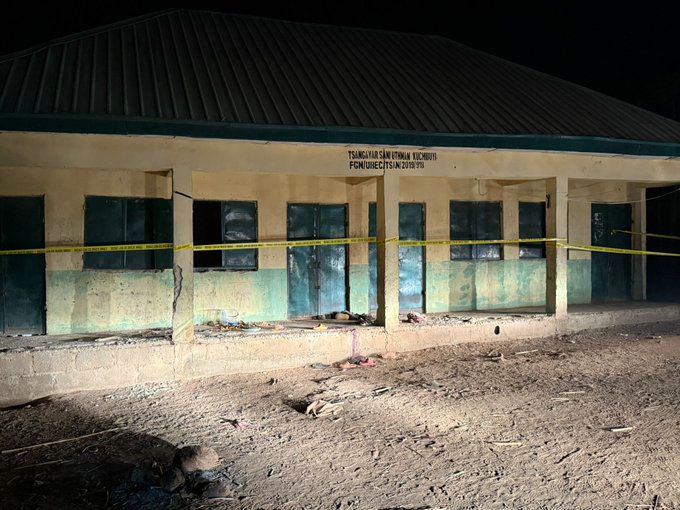




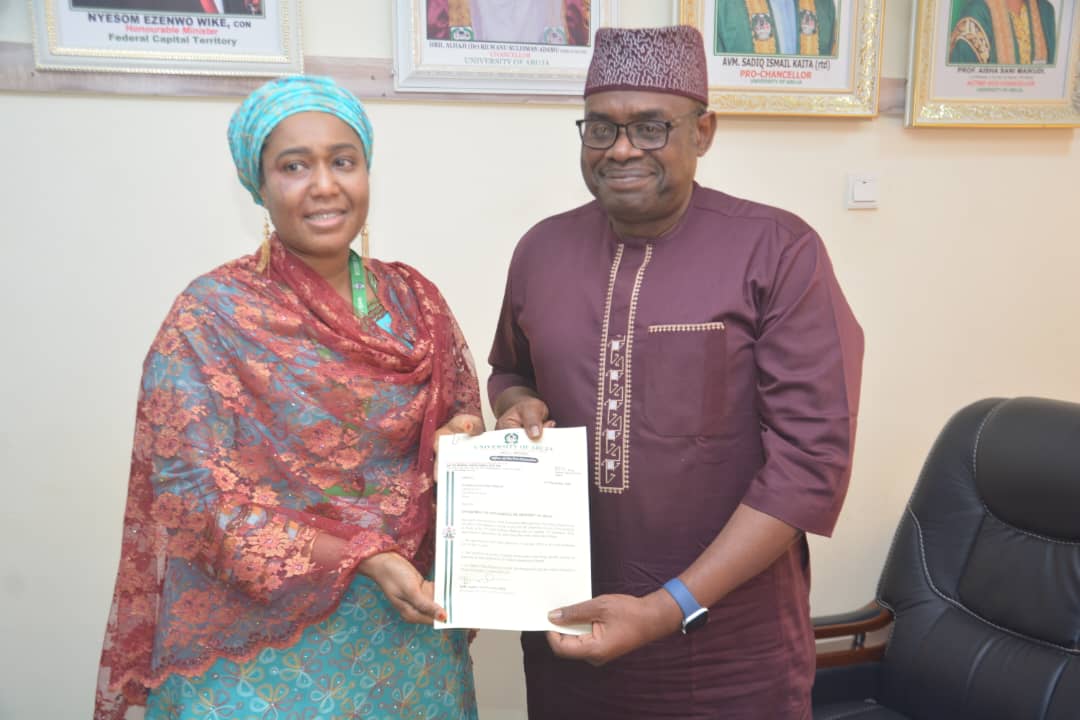
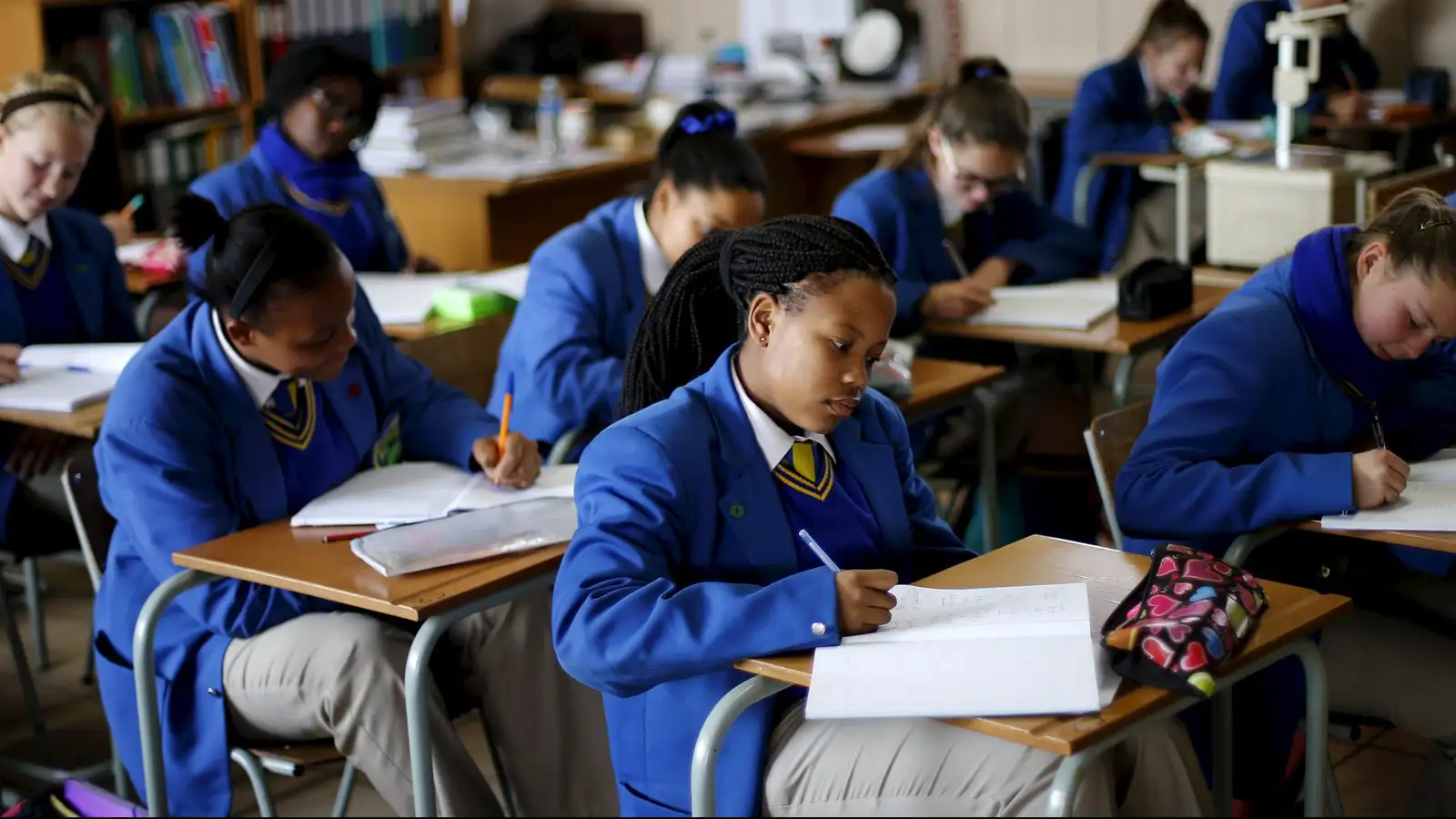
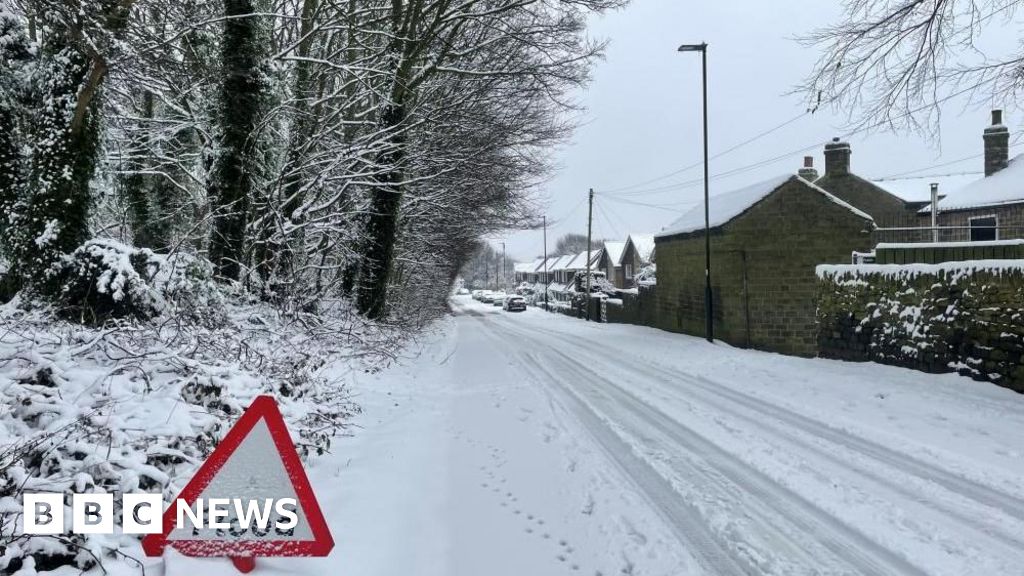
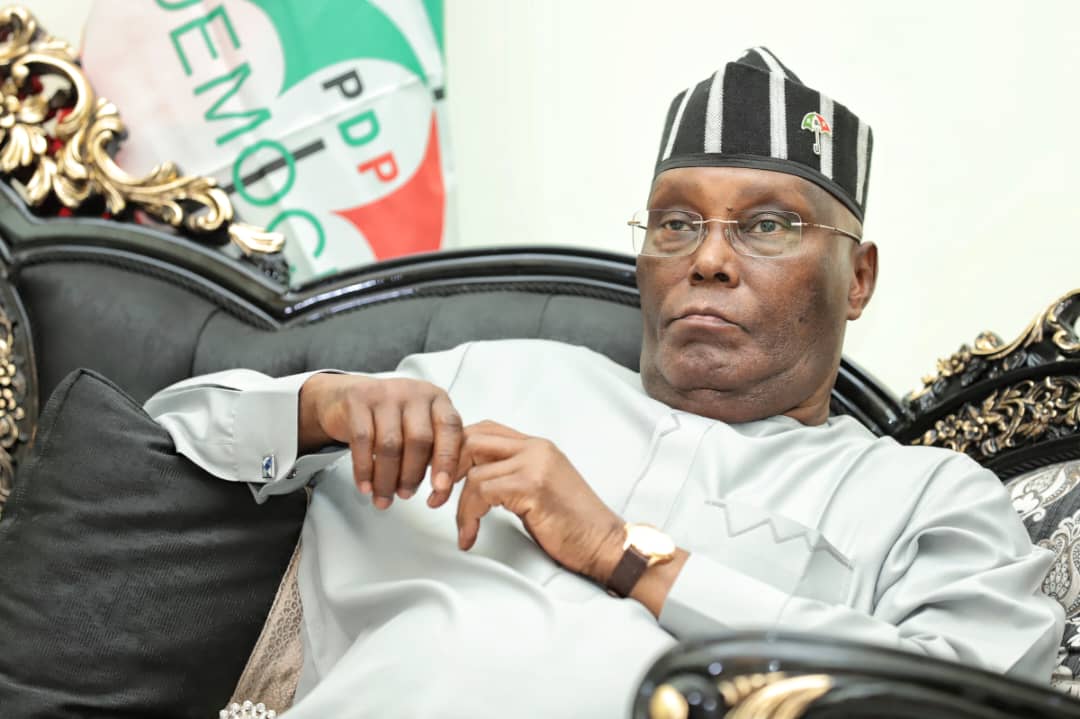

 English (US) ·
English (US) ·